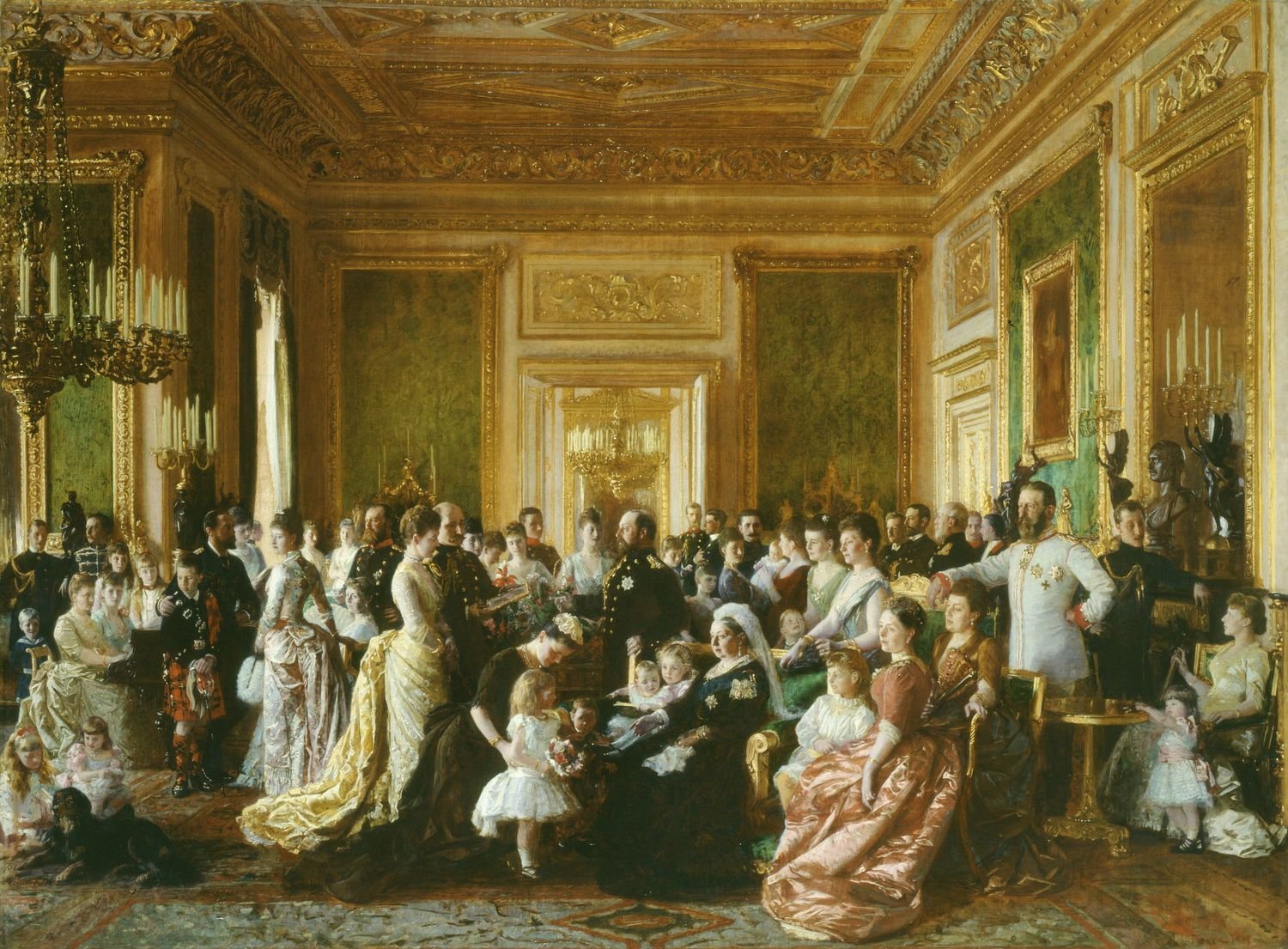
A Secondary Shool resource
Alexander II (1818-1881)
Alexander II comes to the throne and makes peace by ending the Crimean War. His reign begins on the back of this colossal defeat and he sets to reforming the country.
The reformer?
Legend has it that as Alexander II was born a flock of white doves circled over the roof of the Chudov Monastery. Observers spoke of a rose-tinted cloud in the sky. He was to become known as the ‘Tsar liberator’ after he abolished serfdom in 1861. Alexander II thought it was better to abolish serfdom from above than to wait for the serfs to start revolution from below.
Following abolition of serfdom, peasants received some land from landowners. However, the landowners were compensated for their loss and the peasants were made to pay in instalments. The heavy burden of these payments lasted 49 years.
In 1864 Alexander also set up local elected councils called Zemstvos. Restrictions of universities were lifted, and books were no longer confiscated.
Tsar Alexander also ordered work on the railways. The Crimean War had highlighted its shortcomings with only 600 miles of track in the country. By the time of his death tracks numbered 14,000 miles.
The Tsar tried to avoid conflict in 1877 but eventually was left with no choice but to declare war on Turkey, instigating the Balkan War. Although he led an admirable fight the experience left him with a hatred of war. He declared that nations should be able to resolve matters without it.
A legacy?
Unfortunately, Alexander's reforms did not prevent the revolutionary movements from growing stronger. Revolutionary movement had been growing since the start of the Balkans War. The Tsar ordered areas to be searched and purged through raids, arrests, imprisonments and executions. Subversive publications were closed down and military courts could try civilians accused of terrorism. Many of the Tsar's earlier liberalising reforms were reversed and any action deemed necessary for the preservation of order was allowed. The ‘Will of the People’ group formally announced a death sentence for Alexander II. Bullet proof wadding was sewn into his uniforms and he stopped holding audiences at the Winter Palace. Three assassination attempts occurred before the final fatal one in 1881. It has been suggested that the Tsar would not compromise on autocracy which fuelled criticism.




